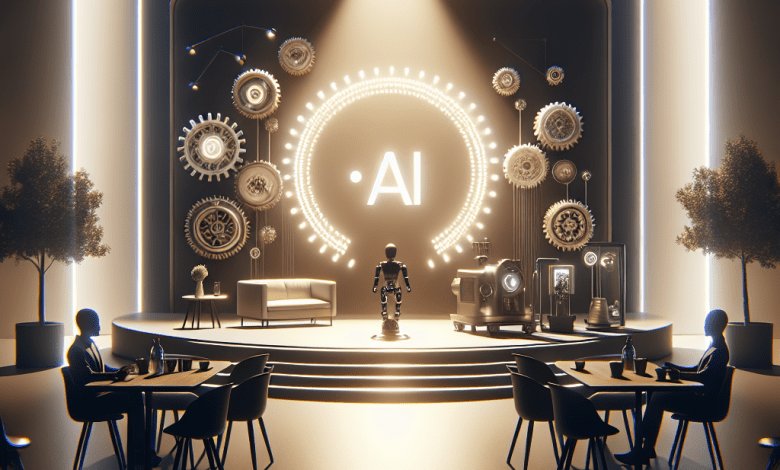Instances where AI shortcomings led to advancements

AI: Learning from Mistakes to Innovate and Improve
Hey there! Let’s talk about artificial intelligence (AI) and how it’s constantly evolving—often because of its own mistakes. Some of the biggest advancements in AI have come from failures that taught us valuable lessons. So, grab a coffee and let’s dive into how AI’s stumbles have paved the way for innovation.
Chatbots and Hallucinations
Let’s start with chatbots, like ChatGPT. Ever heard of “hallucinations”? Not the kind you get after a late-night snack. In AI, this happens when a chatbot confidently gives you wrong or made-up information. Imagine asking about a historical event and getting a story about a fictional research paper instead!
These missteps pushed developers to improve training methods, tighten moderation, and create tools to catch errors. The result? More reliable and accurate AI systems. Want to learn more? Check out this resource on AI hallucinations.
Self-Driving Cars: A Bumpy Start
Next, let’s talk self-driving cars. While the idea of autonomous vehicles is exciting, they’ve faced some challenges—like accidents caused by misreading sensor data. Not great.
But these setbacks led to better sensor technology and smarter algorithms. Thanks to these improvements, the future of self-driving cars looks much safer. Curious about the details? Visit this overview of autonomous vehicle safety.
AI in the Legal World
Now, imagine an AI drafting a legal brief and… inventing case citations. Embarrassing, right? These errors highlighted the need for human oversight in AI-assisted tasks.
Developers responded by creating tools that cross-check and validate information. The goal? Reliable AI that supports legal professionals without taking over. Learn more about AI’s role in law here.
Facial Recognition and Bias
Facial recognition technology has faced its own issues, particularly with bias. Early versions often misidentified people from certain demographic groups, sparking public concern.
This pushed researchers to create more inclusive datasets and fairer algorithms. Today, there’s a stronger focus on making technology work for everyone. Check out this resource on facial recognition bias.
AI in Healthcare: Lessons Learned
In healthcare, AI systems have occasionally misdiagnosed patients due to biased or limited training data. These errors underscored the importance of high-quality datasets and human oversight.
The upside? More robust and accurate AI tools are now being developed to assist medical professionals. It’s a big step toward safer healthcare.
Ethical Challenges in AI
AI’s failures also bring ethical questions to the forefront. Here are some key challenges:
- Transparency: People want to understand how AI makes decisions. Explainable AI (XAI) aims to clarify that process.
- Bias: Developers are working to reduce bias by using diverse training datasets.
- Data Privacy: New regulations like GDPR are pushing companies to prioritize ethical data practices.
- Human Oversight: Keeping humans in the loop is critical for high-stakes applications like healthcare and law enforcement.
- Regulations: Governments are stepping in with standards like the EU’s AI Act to ensure ethical AI development.
What’s Being Done?
The AI community is tackling these challenges with:
- Ethical frameworks: Groups like IEEE and UNESCO are creating guidelines to align AI with human values.
- Industry standards: Companies are forming ethics boards to assess the societal impact of AI projects.
- Public engagement: Open discussions are bridging gaps between developers and the public.
- Technological solutions: Tools for bias detection and secure data processing are being built into AI systems. Learn more from the Partnership on AI.
In Conclusion
By learning from its failures, AI is becoming more innovative, ethical, and trustworthy. It’s a journey, but every stumble gets us closer to a future where AI benefits everyone. Exciting times are ahead!
Stay Ahead in AI
Get the latest AI news, insights, and trends delivered to your inbox every week.




